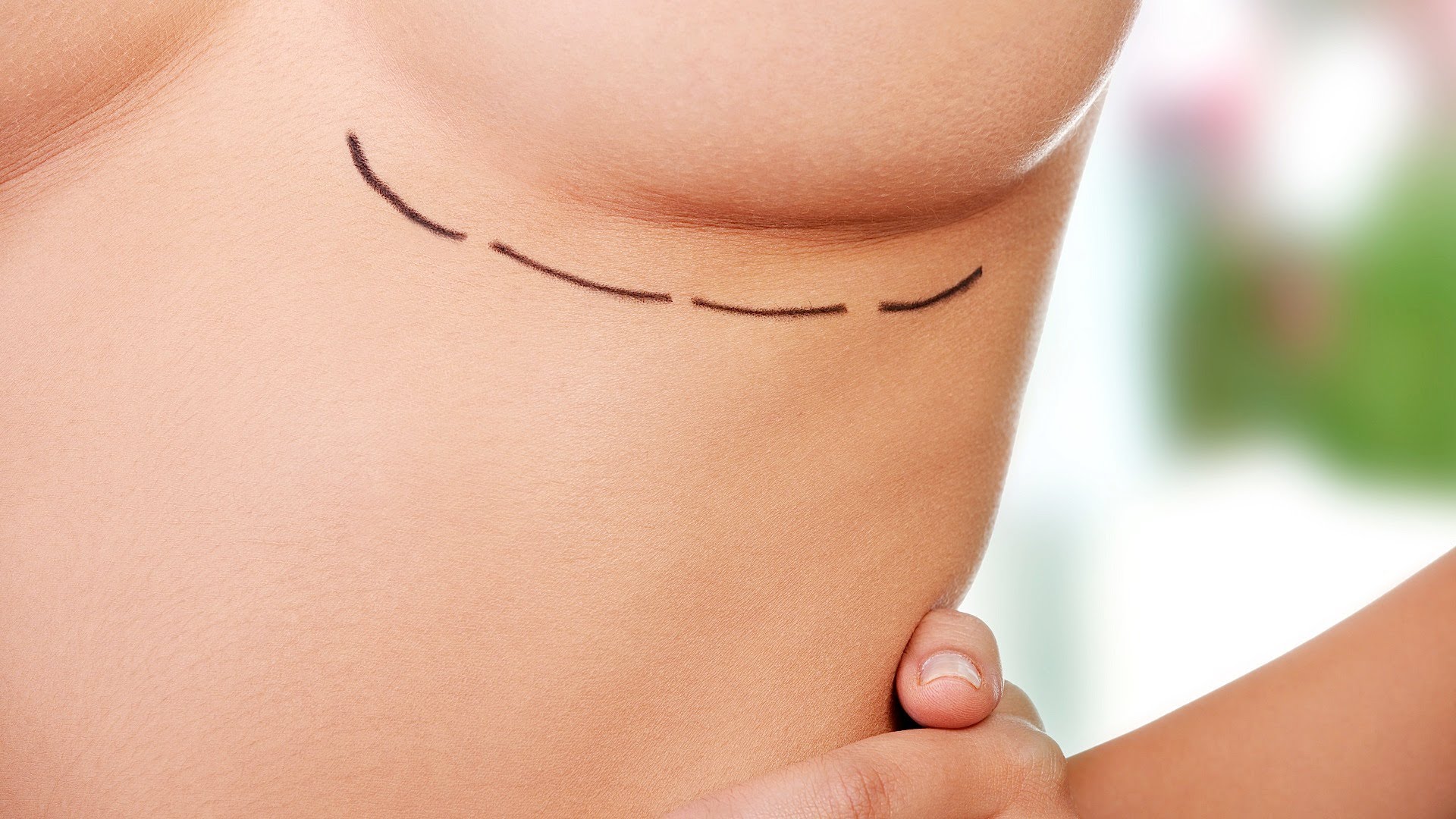Women who are unhappy with the size of their breasts -- whether too big or too small -- may be less likely to perform self-exams to check for signs of breast cancer, new research suggests.
These women are also more likely to put off seeing a doctor if they do find a suspicious lump in their breast, the study found.
"For women who are dissatisfied with their breast size, having to inspect their breasts may be experienced as a threat to their body image and so they may engage in avoidance behaviors," said study co-author Viren Swami. He's a social psychology professor at Anglia Ruskin University in Cambridge, England.
"Breast size dissatisfaction may also activate negative self-conscious emotions such as shame and embarrassment that results in avoiding breast self-examination," Swami said in a university news release.
Most of the 384 women in the study admitted they weren't entirely satisfied with their breast size. About 31 percent wanted smaller breasts and 44 wanted their breasts to be larger.
Overall, about a third of the women said they rarely or never performed breast self-exams. Of those who did, women who weren't happy with their breast size were the least likely to do the self-exams.
Regular self-exams are considered an important part of breast cancer prevention. The researchers noted that women who do these checks routinely have a better understanding of how their breasts normally look and feel, which helps them detect potentially worrisome changes.
Suspicious findings during self-exams, however, didn't always prompt the study participants to see their doctor right away. Of those who did perform self-exams, 8 percent said they would wait as long as possible before seeing a doctor if they ever detected a potential problem, and 2 percent said they would never make an appointment.
About half -- 55 percent -- said they'd seek medical attention as soon as possible.
"Our findings suggest that greater breast size dissatisfaction is significantly associated with less frequent breast self-examination, lower confidence in detecting breast change and greater delay in seeing a doctor following breast change," Swami said.
"Promoting greater breast size satisfaction may be a means of empowering women to incorporate breast self-examinations and breast awareness into their health practice. And promoting greater breast awareness may be a useful means of helping women view their breasts in more functional terms, rather than purely aesthetic terms," he said.
The study was published online in advance of the March issue of the journal Body Image.
Fuente: www.upi.com
